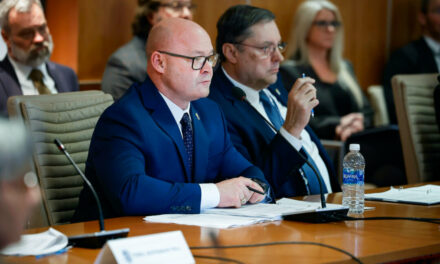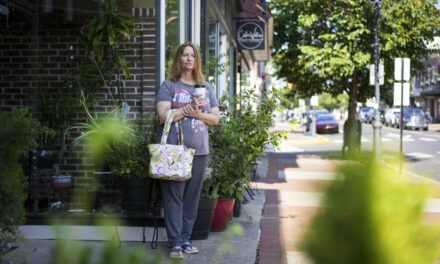We support our Publishers and Content Creators. You can view this story on their website by CLICKING HERE.
Lawmakers advanced the bills in hopes of securing a floor vote before the November election.
KOSA’s House version differs from the Senate version by removing key accountabilities for tech companies, including removing designs that may cause “addiction-like behaviors” in child users and preventing the spread of harmful content such as relating to suicide, eating disorders, bullying, and drugs, on their sites.
Castor, one of the original sponsors of the KOSA bill, called the updated House version “weakened” compared to what the Senate passed in July.
“We can’t allow unintended consequences to creep in because there were politics played with KOSA here at the 11th hour,” she said at the committee meeting on Sept. 18. “I don’t know that I could support this version if it comes to the House floor in this manner.”
She expressed hope that the bill’s language may be changed. “I think in the spirit of what we need to do as responsible legislators, we should go ahead and move this forward today with the understanding that we probably need to move towards the Senate version of the bill and not go backward at this time,” she said.
Other Republican lawmakers expressed the same sentiment—advance the bill out of the Committee to secure a chance to be considered by the leadership for a floor vote.
Rep. Dan Crenshaw (R-Texas) supported KOSA and said it has “some good provisions” that give parents tools to guide their children’s social media use.
However, he is concerned that the bill would give the Federal Trade Commission too much authority, as the agency would have the power to regulate how social media companies design their algorithms. In his view, algorithm and content go hand in hand, and thus algorithm regulations will almost inevitably spill over to content moderation.
The Electronic Frontier Foundation, a digital rights advocacy, has raised concern that government officials would have “dangerous and unconstitutional power” over legal online content if it were deemed harmful. It said Bilirakis’s amendment to the original Senate bill doesn’t fully address this issue.
If enacted, KOSA would authorize the warning proposed by Murthy.

 Conservative
Conservative  Search
Search Trending
Trending Current News
Current News 







